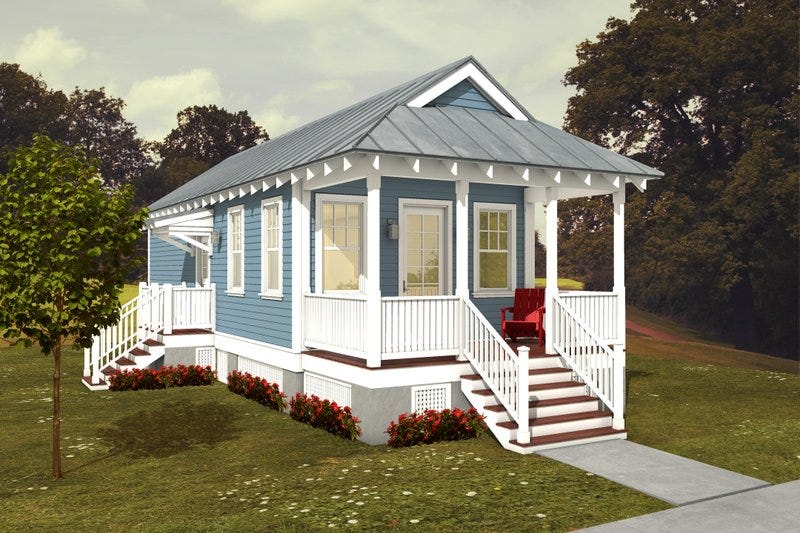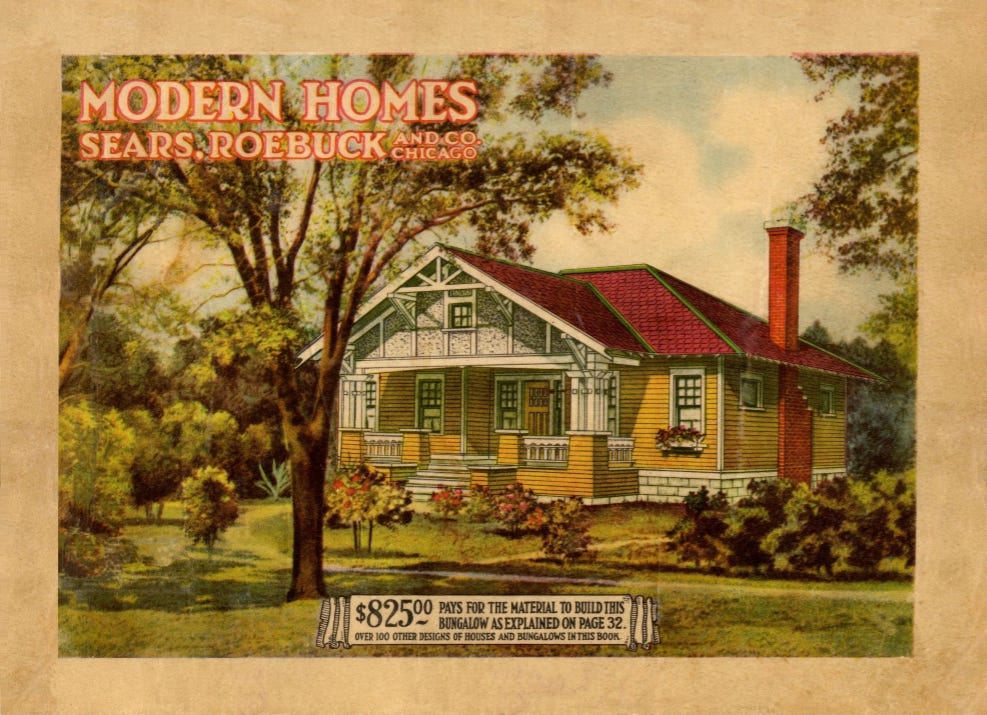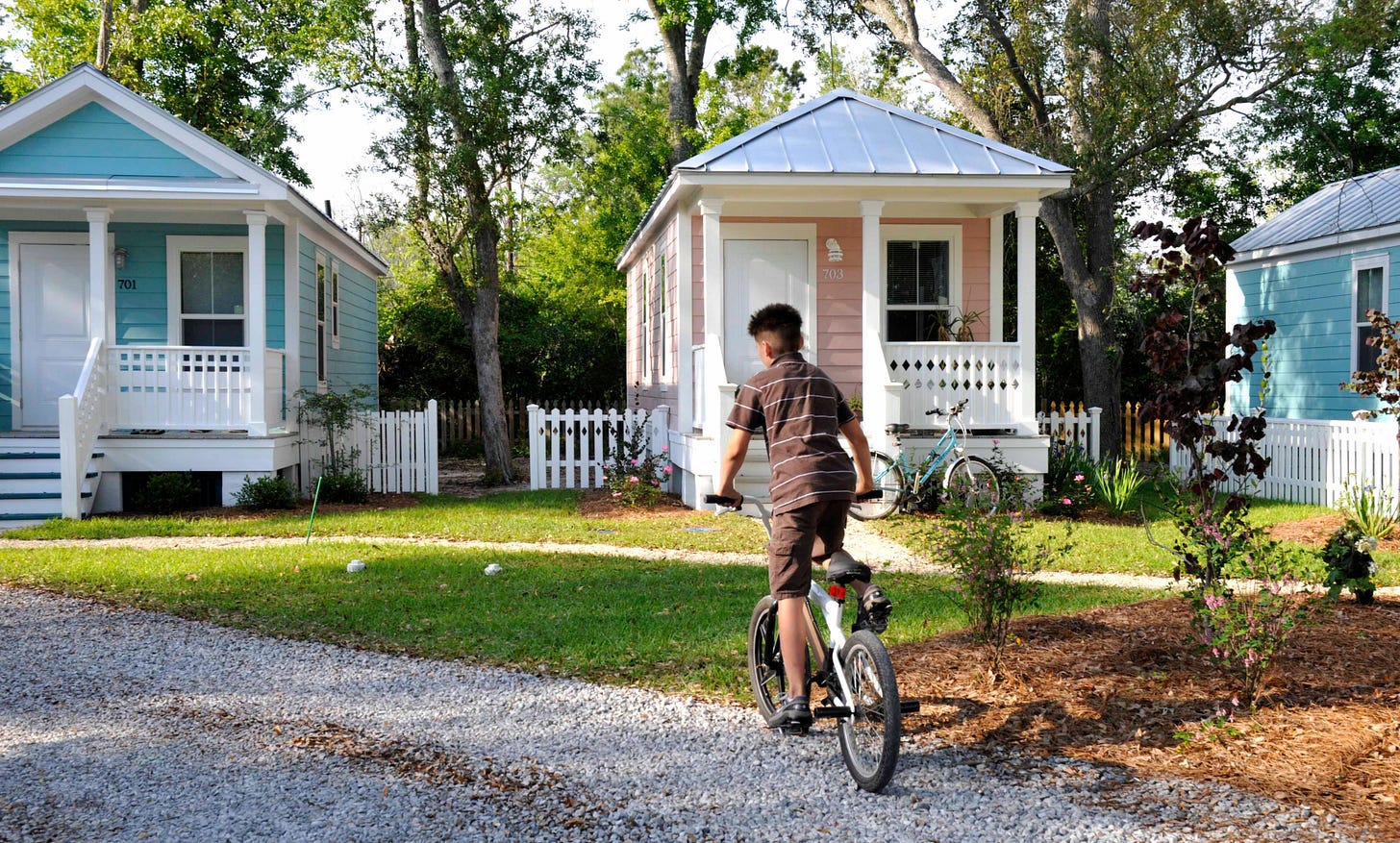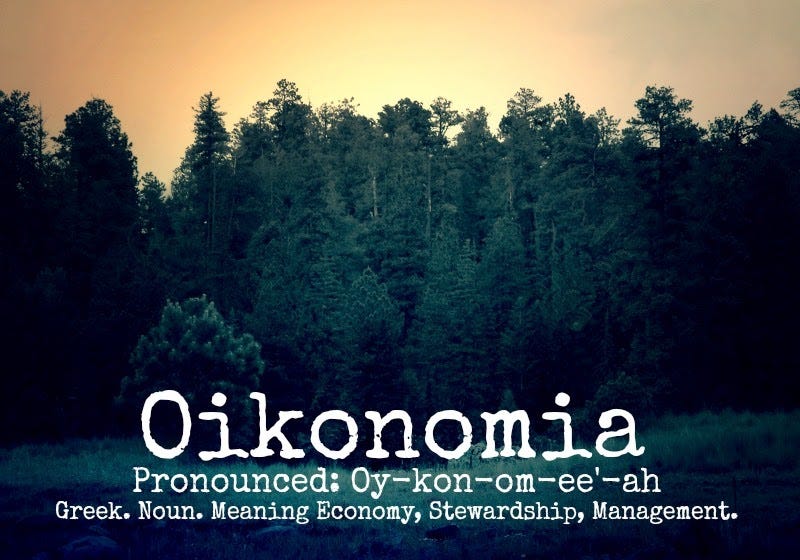No Households, No Children, No Canada
Why Men Are Lost, Women Are Tired, and Kids Are Gone. How Hyper-Individualism Broke the Family—and the Future
Preface: A Reasonable Revolution Begins at Home
This essay — the first of several coming this week — is purposefully provocative. Not because I want to offend or start a debate—but because I want to do what I set out to do in THE BEE: carefully and fully articulate a different way of looking at things not often or well heard in today’s lines of talk.
We live in a time of memes, slogans, side-taking, shallow understanding, shaky foundations, and coin-flip consensus. But below the noise, many people are quietly asking deeper questions—about meaning, belonging, responsibility, and how we live.
We need to talk about something that has quietly collapsed in Canada: The Household.
Not just the nuclear family. Not just homeownership. But the deeper idea—the household as the basic building block of society, where people know their role, share a purpose, and shape the future together.
We’ve spent decades dismantling the household—culturally, economically, politically. And now we find ourselves in a lonely, anxious, aimless place.
We can’t afford a home. We can’t find a partner. We can’t raise children. And we can’t say why any of it matters without slipping into cliché or controversy.
This isn’t about nostalgia. It’s not about going back.
It’s about starting again—from first principles—with new goals in mind:
To build homes.
To raise children.
To share burdens and dreams.
To belong to something larger than the self.
It’s time to stop the drift and begin again, reasonably, radically, at human scale.
This is a call to do the most rebellious, stabilizing, forward-thinking thing we can do in a fragmented, futureless world:
Rebuild the household.
We forgot the first job of men. We devalued the household while overvaluing the real estate. Now we're watching the country suffer. Here's how we bring it back.
Let’s Get This House In Order
Why the future of Canada depends on men returning to their oldest job: working in the service of households.
A nation is only as strong as its households.
And our households are in ruins.
Homes are unaffordable.
Land is over-regulated.
Peace and quiet are zoned out of existence.
City plans like “Urban and Up” cater to the wealthy and childless, while families are squeezed, priced out, and pushed to the margins—if they exist at all.
Every institution that once supported the household—church, community, tradition, even common sense—is undermined or erased.
Fathers are dismissed.
Motherhood is medicalized and marginalized.
Men are treated as problems to solve, not partners in building.
In their place, we are offered hyper-individualism—atomized, anxious, addicted to screens and slogans, and convinced that to need anyone is weakness.
But it’s a lie.
Households don’t work in service of the government, bureaucracy, the corporations, the brands, and the media platforms. They are all intended to benefit the household. And we can get there. It starts by stating that goal in a world turned upside down.
What we need is not more freedom from one another, but a way back to one another.
Not a program, not a platform—a pattern.
A role. A rhythm. A household.
That is the human-scale revolution.
And that is how a nation is born again.
Big Ideas for Little Economies
Imagine if, instead of being taxed for working harder, you were rewarded for it.
I’ll make this plain.
To be a man is to find purpose.
And for thousands of generations, that purpose has been simple, elemental, and sacred:
To work in service of a household.
Show me a man doing that—building, repairing, providing, creating—and I’ll show you a contented man.
Not always smiling. Not always comfortable. But whole.
Show me anything else and I’ll show you boys playing at manhood, bullies masking their fear, and sour/bitter men with no root, no reason, and no direction.
This is not some nostalgic fantasy. It is how it has always worked.
It’s how it worked for both my grandfathers. It’s how it worked for my father. It’s true in every age in every corner and culture of the earth.
And in every successful family I’ve ever known, the pattern holds:
A strong woman sets the tone and expectation. She imagines the good life—the shape of the home, the rhythm of the days, the style, the spirit, the standard.
And the man? He rises to meet it.
He rallies his capacity for effort to make it real. He builds the house to plan.
Not because she can’t—but because this arrangement of affairs and division of labour dignifies everyone.
Households like these—where each person has a place, a role, and a shared mission—are almost always prosperous, purposeful, and strangely, beautifully progressive.
Not in the hashtag sense. In the real sense: forward-moving. Life-giving. Replicating.
And here’s the trouble: for the last fifty years, we’ve been smashing this ancient pattern with a sledgehammer.
We’ve told men their instincts are dangerous.
We’ve told women they don’t need anything.
We’ve told children they should raise themselves—or worse, be raised by the state.
We’ve called the household old-fashioned, oppressive, patriarchal, heteronormative—every bad word we could find in the academic playbook.
And now we’re surprised that everything feels broken.
https://www.facebook.com/share/r/16PGo2Etxp/
Reel from The Sup’m Show with Dyson Knight, where they discuss the central importance of purpose in the lives of boys and men.
Here’s the truth:
Purpose can’t just be taught.
It can’t be memorized like a school rule or handed down like a toolset.
It must be discovered—forged—creatively, courageously, and uniquely.
No man is an island.
Purpose doesn’t come from isolation, or ambition, or self-optimization.
It comes from being needed—and rising to meet that need.
You want to help boys become men?
Don’t give them slogans.
Give them a household to serve.
That’s where purpose begins.
“No man is an island,” comes from a meditation by John Donne, a 17th-century English poet, cleric, and metaphysical writer. It appears in Meditation XVII from his 1624 prose work Devotions upon Emergent Occasions. Here’s the most cited passage in full:
"No man is an island, entire of itself; every man is a piece of the continent, a part of the main;
If a clod be washed away by the sea, Europe is the less,
as well as if a promontory were,
as well as if a manor of thy friend's or of thine own were;
any man's death diminishes me, because I am involved in mankind;
And therefore never send to know for whom the bell tolls; it tolls for thee."
Context:
Donne wrote this during a serious illness, reflecting deeply on mortality, connection, and human interdependence. It’s a powerful declaration of shared humanity—an argument against isolation, and for seeing the self as part of a whole. It’s also the source of another famous phrase: "for whom the bell tolls."
People are not just alone; they’re adrift.
No path. No place. No map for what life could be.
There is no church left to guide them, no proven values, only slogans.
No elders to ask or respect, only influencers.
No inherited wisdom, only the mandatory forgetting of everything that came before.
And in the vacuum, men wander.
Women harden.
Children vanish.
Yes, vanish.
Because without households, there are no children.
And without children, there is no future—not for Canada, not for any nation.
We can debate climate change, colonialism, and carbon taxes until the last microphone battery dies.
But if we forget how to make households, we are done.
Finished. Forgotten within 80 years. The length of a single life. Yours. Mine.
Gone without a whisper.
So if you're wondering what comes next—not just for you, but for this country—here it is:
Rebuild the household.
Not in nostalgia. Not in ideology. But in truth.
Relearn the ancient rhythm.
Let women dream. Let men build. Let children grow.
Let the household rise again—imperfect, resilient, full of grace.
There is no nation without it.
Postscript: Build Something That Lasts
If this essay struck a nerve, good. That nerve is still alive.
The household is not just an arrangement of people under one roof. It’s an act of defiance against loneliness, entropy, and despair. It’s the place where duty meets love, and love creates meaning.
No government policy can replace it. No activism can substitute for it. No app can simulate it.
But we can rebuild it—quietly, imperfectly, beautifully—one household at a time.
Not to go backward.
But to go forward into something real, rooted, and worthy of the next generation.
RELATED:
What is Economics?
It’s a stunning irony, and a telling one. The word “economics” itself comes from the ancient Greek oikonomia, which means household management (oikos = house, nomos = rule or law). In its original sense, economics wasn’t about stock indices or central banks. It was about
The Math No One Dares Do: Canada's Birthrate Crisis Is Far Worse Than You Think
How We Normally Hear About Birthrates













